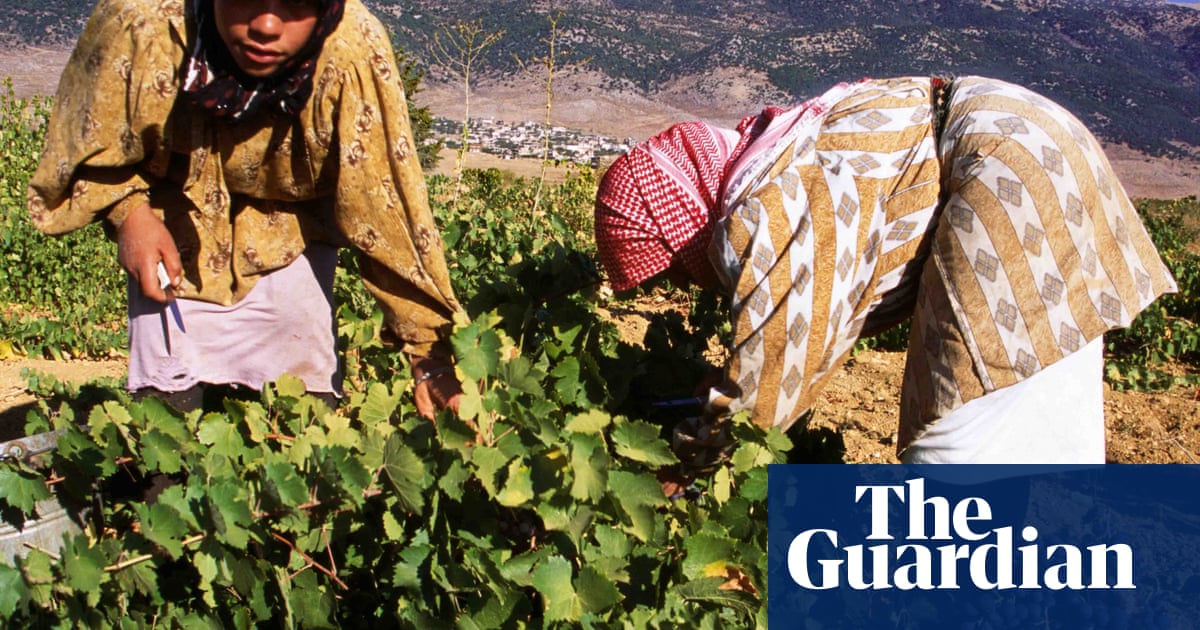
"The historic wine industry of Lebanon, which began with the Phoenicians, remains vibrant today with about 80 wineries, mostly in the Bekaa Valley, producing quality wines."
"Altitude plays a significant role in Lebanese winemaking, allowing for a distinct diurnal temperature range that contributes to the complexity and quality of the wines."
Lebanon is home to one of the world’s oldest winemaking traditions, dating back to the Phoenicians. The modern era began in 1857 when Jesuit monks cultivated vines in the Bekaa Valley, currently housing around 80 wineries. While many utilize French varietals like Cabernet Sauvignon and Chardonnay, indigenous grapes also contribute to Lebanon's unique wine profile. The mountainous regions' altitude enhances the grapes' ripening process. Chateau Musar stands out as a significant name, noted for its history and export success, which has brought Lebanese wines to international attention.
Read at www.theguardian.com
Unable to calculate read time
Collection
[
|
...
]